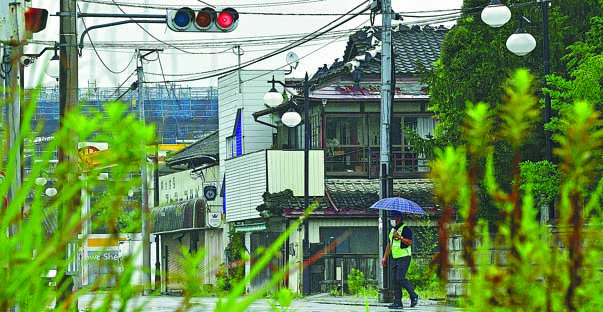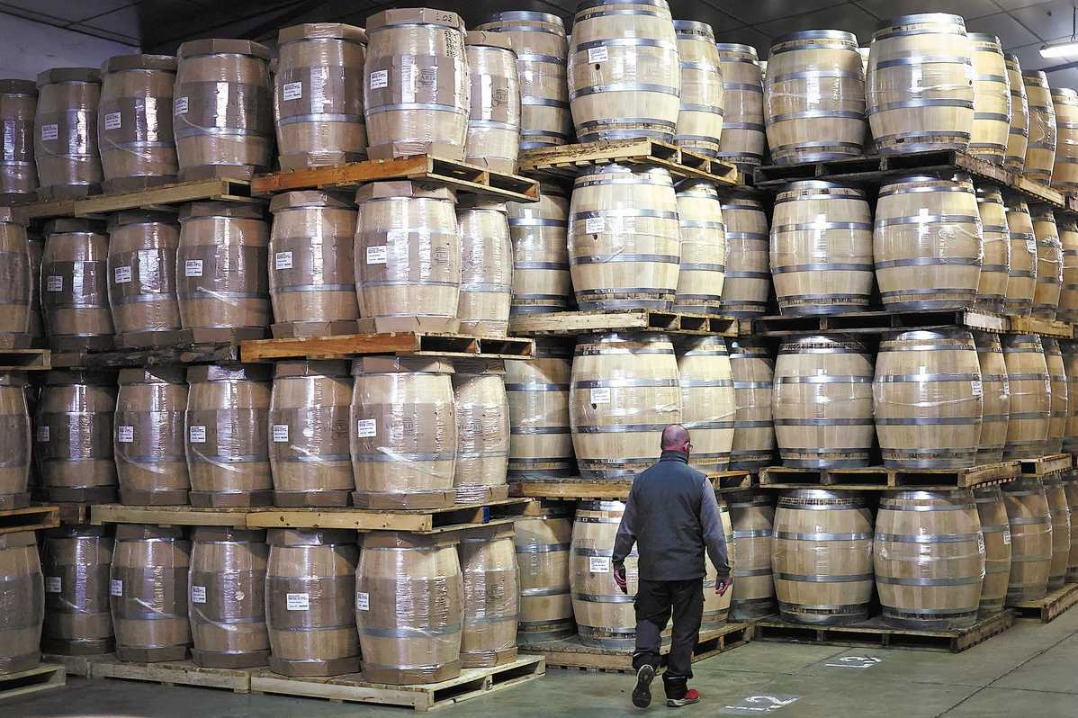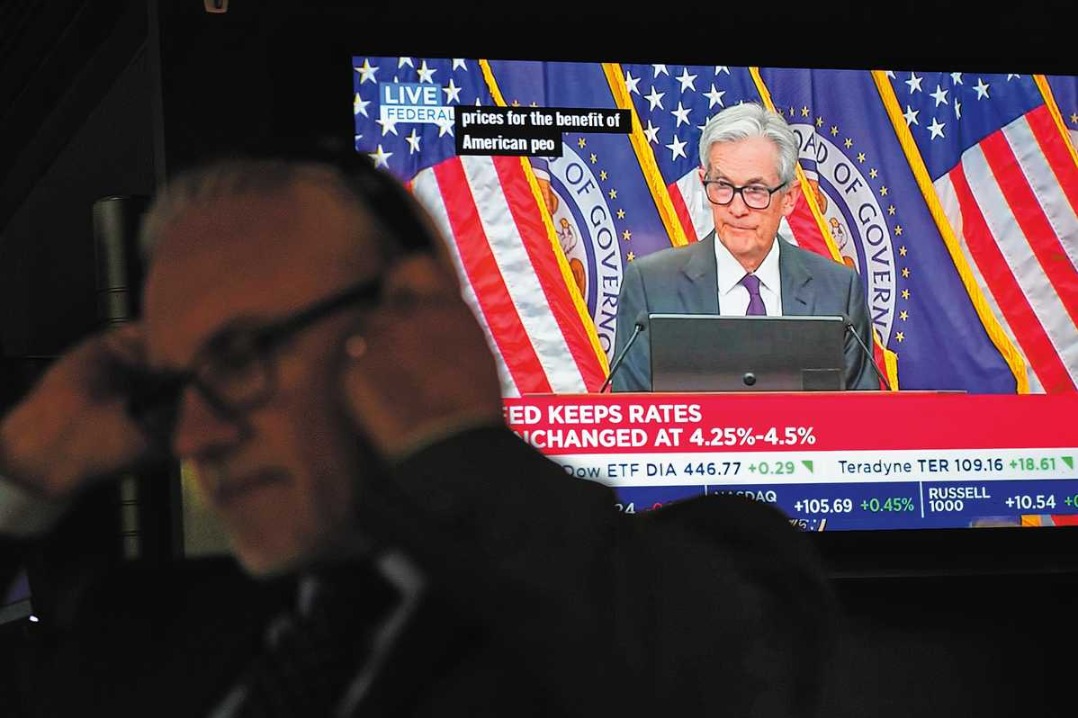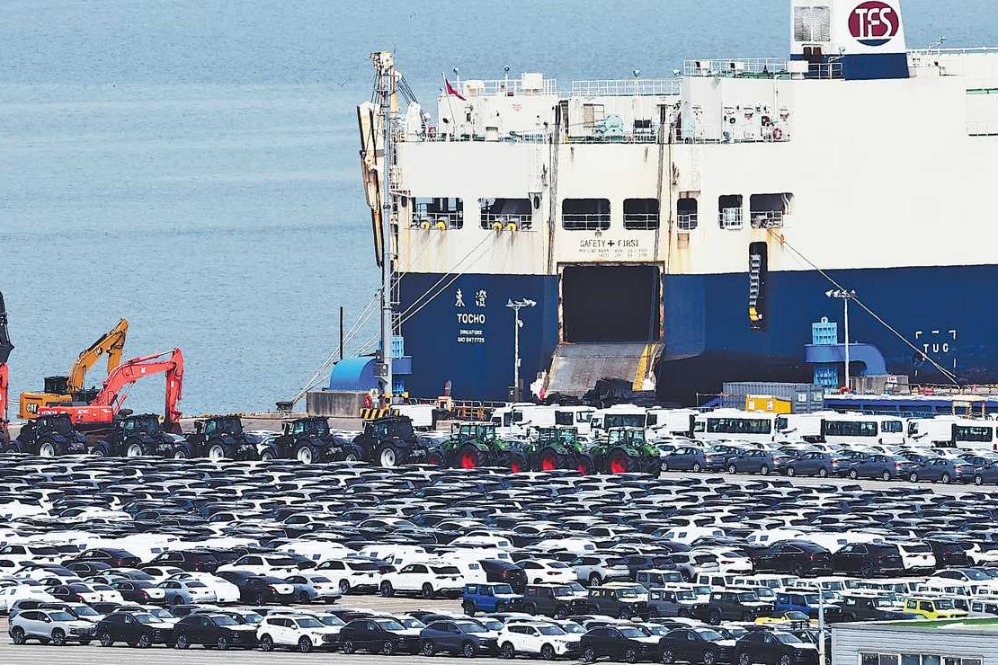Discharge plans keep Fukushima residents from returning


Plans to dump nuclear contaminated water into the sea pose more danger in Japan despite government efforts to woo Fukushima residents back as Tokyo lifted an evacuation order on Tuesday for part of a town hosting the crippled Fukushima Daiichi nuclear power plant.
Futaba town is located some 4 kilometers away from the power plant, where an earthquake and tsunami in 2011 triggered the meltdown of three of its reactors and the release of large amounts of radiation.
With the lifting of the order, residents of Futaba can now return home, but over 80 percent of municipality areas are still designated as "difficult-to-return" zones because of high radiation levels.
Japanese authorities declined to respond to a request by China Daily on the number of people that have moved back to Futaba, but it is likely that a majority of the residents have not returned. A survey conducted by Japan's Reconstruction Agency and others last year showed that only 11.3 percent of respondents said they want to return to Futaba, while more than 60 percent said they have already decided not to return.
Meanwhile, a preparatory program for overnight stays in the town, which began in January, has seen only 85 of its 5,574 former residents applying for the program.
Among those who refuse to return is Setsuko Matsumoto, who believes Futaba has no future.
"I don't think that the town will be able to go on, even with the return of some elderly residents," said Matsumoto, who had a hair salon for almost 30 years in Futaba.
However, Futaba Mayor Shiro Izawa believes otherwise. He said he believes the number of returnees will increase by the day.
Yet, the government's divisive decision to proceed with a plan to discharge radioactive water from the Fukushima plant into the Pacific Ocean is at odds with those wanting to return.
"The government kept promising reconstruction of my hometown Fukushima in the past decade, but dumping the water seems contrary to that pledge because it threatens a double blow to our community," said Hisae Unuma, who is devoted to provoking stronger calls among ordinary Japanese people for the government to scrap its water dumping plan.
In a recent report led by senior scientist Ken Buesseler at the Woods Hole Oceanographic Institution, Buesseler and his fellow researchers said Japan's decision is premature because "there is insufficient information to assess potential impacts on environmental and human health".
The report questioned the credibility of the Japanese authorities. "Rebuilding trust would take cleanup of all of the tanks and then independently verifying that nontritium contaminants have been adequately removed, something the operator has not been able to do over the past 11 years," it said.
































